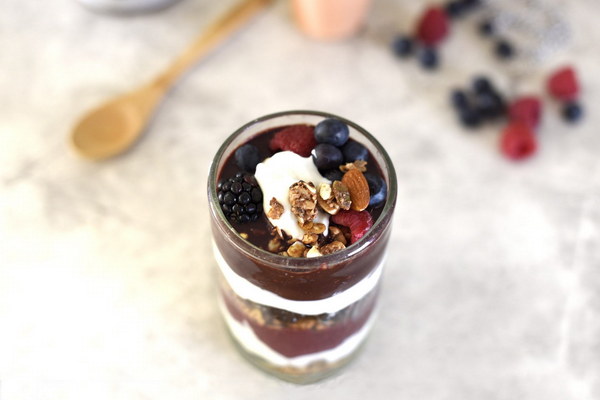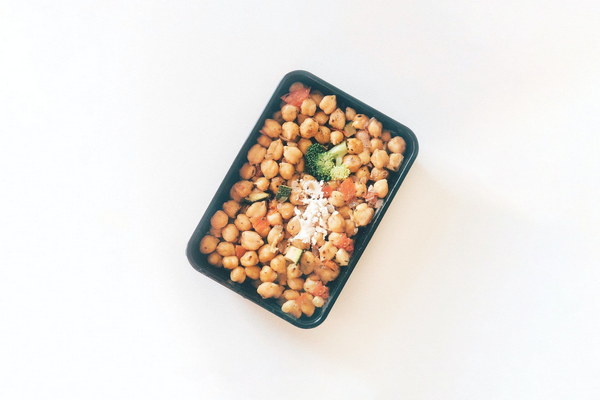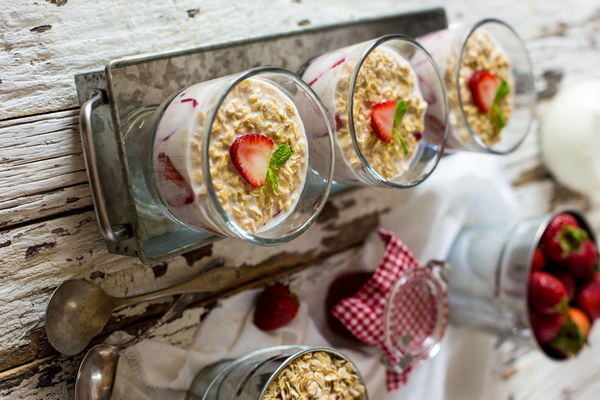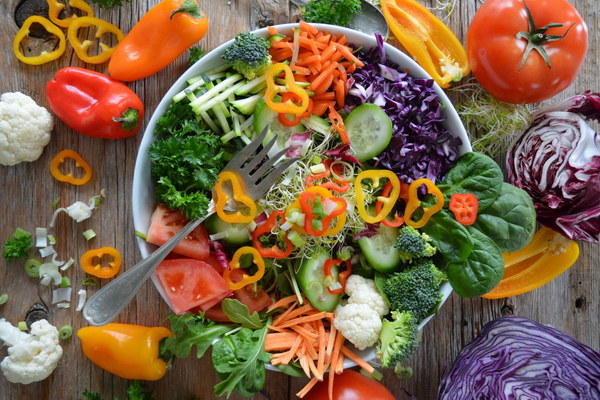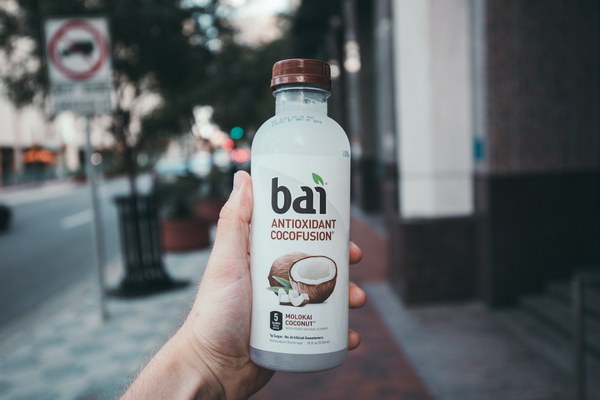Healing Ulcers A Comprehensive Guide to Nourishing Your Stomach
Healing Ulcers: A Comprehensive Guide to Nourishing Your Stomach
Gastric ulcers, characterized by painful sores in the lining of the stomach, can be both uncomfortable and disruptive to daily life. The good news is that with proper care and attention to dietary habits, you can effectively manage and heal these ulcers. This guide will provide you with essential tips on how to nourish your stomach and promote healing from gastric ulcers.
Understanding Gastric Ulcers
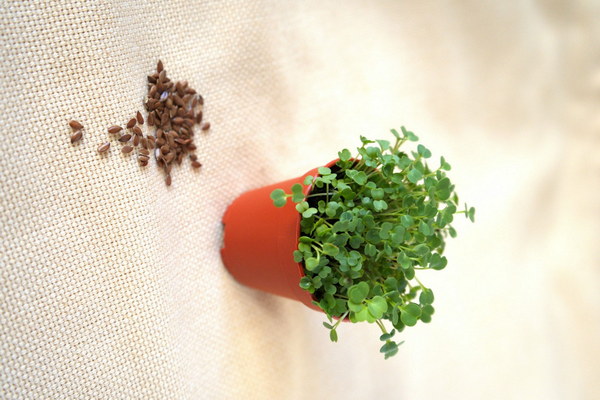
Gastric ulcers are primarily caused by two factors: Helicobacter pylori bacteria and long-term use of nonsteroidal anti-inflammatory drugs (NSAIDs). These ulcers can lead to symptoms such as burning pain in the stomach, bloating, nausea, and sometimes vomiting. To heal an ulcer, it is crucial to address both the underlying causes and support the stomach's healing process.
Nourishing Your Stomach: The Basics
1. Eliminate Irritants: Avoid foods and substances that can irritate the stomach lining, such as spicy foods, alcohol, caffeine, and smoking.
2. Small, Frequent Meals: Eating smaller, more frequent meals can reduce stomach acid production and prevent overeating, which can exacerbate symptoms.
3. Chew Thoroughly: Properly chewing your food can aid in digestion and reduce the workload on your stomach.
Dietary Recommendations
1. Protein-Rich Foods: Incorporate lean proteins such as chicken, turkey, and fish into your meals. These are easy to digest and can help repair stomach tissue.
2. Fiber: Consume fiber-rich foods like fruits, vegetables, and whole grains. However, avoid raw fibrous vegetables like broccoli and asparagus, which can be hard to digest.
3. Avoid Acidic Foods: Limit your intake of acidic fruits, tomatoes, and vinegar, as they can irritate the stomach lining.
4. Herbal Teas: Drink herbal teas such as ginger tea, chamomile, or peppermint to soothe the stomach. These teas can also help reduce inflammation and bloating.
5. Stay Hydrated: Drink plenty of water throughout the day to aid digestion and prevent dehydration.
Supplements and Medications
1. Probiotics: These beneficial bacteria can help restore the balance of gut flora and reduce the risk of H. pylori infection. Look for probiotics in supplement form or consume probiotic-rich foods like yogurt.
2. Antacids: Over-the-counter antacids can provide immediate relief from symptoms by neutralizing stomach acid.
3. Stomach Soothing Medications: Medications like sucralfate can coat the stomach lining and protect it from acid.
Lifestyle Changes
1. Manage Stress: High levels of stress can increase stomach acid production. Practice relaxation techniques such as meditation, yoga, or deep breathing exercises.
2. Avoid NSAIDs: If you must take pain relievers, consider alternative options like acetaminophen, which is gentler on the stomach.
3. Regular Check-ups: Regularly consult with your healthcare provider to monitor your condition and adjust treatment as needed.
Conclusion
Healing gastric ulcers is a gradual process that requires patience and commitment. By following these dietary recommendations, taking supplements, managing stress, and avoiding irritants, you can create an environment conducive to healing. Remember, each person's experience with ulcers is unique, so it's essential to work closely with your healthcare provider to tailor a treatment plan that suits your individual needs.
With the right approach, it's possible to manage gastric ulcers and restore your stomach's health, allowing you to return to a comfortable and pain-free lifestyle.

